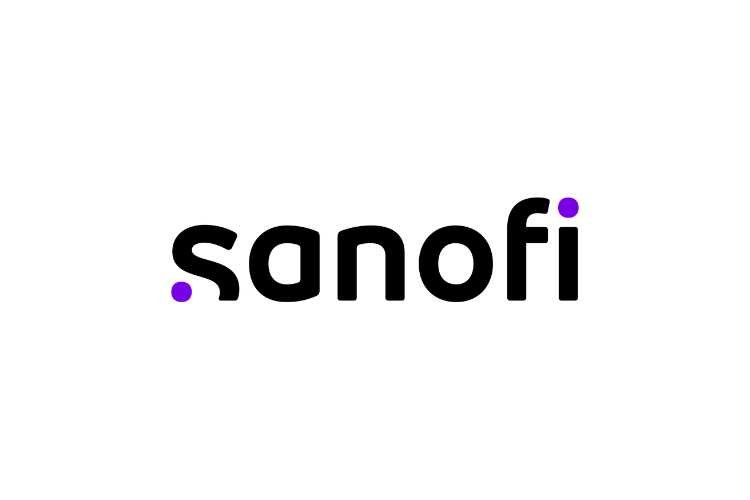Sanofi is making significant financial moves in the pharmaceutical landscape. Just one day after sealing a $175 million vaccine deal, the French pharmaceutical giant has committed an additional 469 million euros (equivalent to $500 million) in a collaboration with Teva, aimed at entering the competitive arena of inflammatory bowel disease therapeutics, challenging industry leaders Merck & Co. and Roivant.
Sanofi’s substantial upfront payment is supported by the prospect of up to 940 million euros (approximately $986 million) contingent on the achievement of development and launch milestones. This strategic collaboration grants Sanofi exclusive rights to co-develop and co-commercialize TEV’574, an anti-TL1A therapy currently in phase 2b clinical trials for ulcerative colitis and Crohn’s disease.
Also Read: Sanofi Invests $175M In J&J’s Advanced E. Coli Vaccine, Amplifying Its Vaccine Development Efforts
The emerging interest in TL1A-based treatments has surged in the past year, driven by promising mid-phase data from leading candidates. Pfizer, in partnership with Roivant, initiated the development of its TL1A drug in December. Subsequent data releases from Prometheus Biosciences and Roivant generated substantial market enthusiasm. Merck further solidified its commitment to TL1A with a remarkable $10.8 billion acquisition of Prometheus, while Roche reportedly explored a $7 billion deal with Roivant.
“Anti-TL1As are a promising class of therapies, and we believe that TEV’574 could emerge as a best-in-class option for people living with serious gastrointestinal diseases. This collaboration strengthens our commitment to advancing innovative treatment options for inflammatory conditions with a high unmet need and bolsters our goal to be an industry leader in immunology.”
– Paul Hudson, Chief Executive Officer, Sanofi
In this competitive landscape, Teva has intensified its investment in TEV’574, emphasizing its preclinical advantages. Although it trails the frontrunners in the race to market, Teva believes in the drug’s best-in-class preclinical profile and is actively working to validate its clinical potential. Initially evaluated as an asthma treatment in phase 2, Teva redirected its focus to Crohn’s disease and ulcerative colitis over the past 14 months. This shift involved initiating a phase 2 trial in patients with moderate to severe forms of these inflammatory bowel diseases in August 2022, followed by the introduction of a long-term study in early 2023.
During Teva’s second-quarter results conference call in August, the company anticipated interim phase 2 results to be disclosed in the latter part of the following year. Dr. Eric Hughes, Head of R&D at Teva, indicated the plan to advance to phase 3 in 2025. However, this timeline places Teva and Sanofi behind the frontrunners in the field. Merck, for instance, intends to commence a phase 3 trial this month, while Telavant, a subsidiary of Roivant, is also preparing for phase 3.
Also Read: First Wave Acquires Sanofi’s Alzheimer’s Drug For GI Disorders, Retains Buyback Option
“This is a new era for Teva, and our robust, innovative pipeline is key to our Pivot to Growth strategy. This collaboration further validates the great science that Teva has to offer with our internally developed anti-TL1A. We are honored to partner with Sanofi to bring their proven capabilities, leadership, and success in the immunology and gastroenterology space together with our capabilities to optimize development and global launches.”
– Richard Francis, President and Chief Executive Officer, Teva
Sanofi is poised to play a pivotal role in closing the gap, taking the lead in planned phase 3 trials and assuming responsibility for commercialization outside of specific regions, including Europe, Israel, and certain designated countries, which will remain under Teva’s purview. The collaboration will entail a shared allocation of profits and losses in major markets, with royalties being paid in other parts of the world.
Sanofi’s substantial investment underscores its commitment to exploring innovative solutions in the treatment of inflammatory bowel diseases and signals a growing competitiveness in the pharmaceutical industry’s evolving landscape.





























